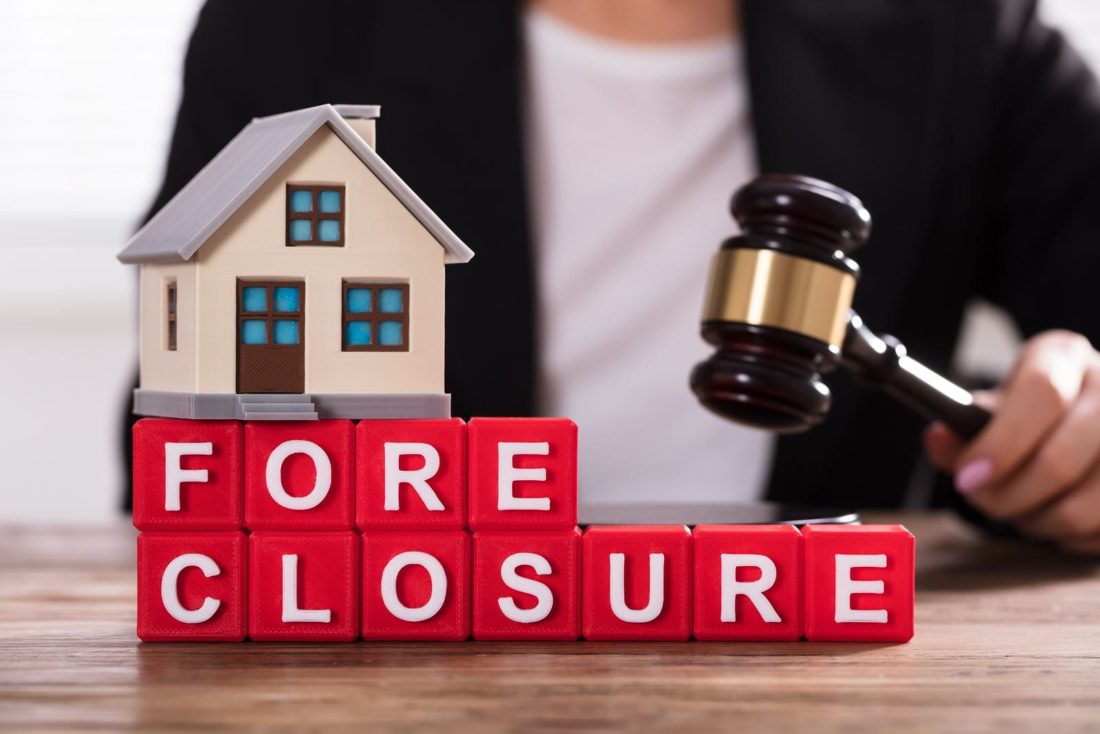
How To Dispute a Tax Assessment? | A Complete Guide
Investing in real property can be very useful for getting into the real estate business. Yet, it also comes with some major responsibilities. These responsibilities include mortgages, maintenance, and property taxes. Also, property taxes are the main source of revenue for many local governments. Even after you’ve paid off your mortgage, you’ll have to pay the property tax bill. There are some regions where property tax assessments are not dealt with properly. Due to this many real estate investors and homeowners pay far more in taxes than the properties are actually worth. So if you are looking for a detailed guide about “How To Dispute a Tax Assessment”, You are in the right place. I am going to share the important details below.
Property tax calculation:
Your property tax bill is made on the assessed value of your property, and a property tax rate. It also includes any exemptions for which you qualify. Your property tax assessment is calculated on a certain date. In many areas, the assessed value is calculated annually. However, in some regions, it’s done every other year, or only when the property is transferred.
In addition to the assessed value of your property, your bill is calculated on what your property is used for (residential, agricultural, apartment, office, commercial, vacant land, and so on.) Now, I am going to tell you how to dispute a tax assessment in ideal ways to reduce your property tax assessment significantly. It will help you to learn how to deal with property tax assessments the smart way and reduce their impact on your bottom line.
Understand Your Tax Bill:
If you feel you are paying too much tax, it’s essential to know how your municipality calculates that figure on your bill. Sadly, many homeowners pay property taxes but never try to understand how they are calculated. Property taxes are evaluated using two very important values. The first one is the tax rate and another one is the current market value of your property. An assessor works for the local government and calculates the market value of your property, which covers both the land and structure after which you receive an assessment.
Avoid Outside Property Enhancements:
Generally, property tax assessors start their investigations in the spring and summer months. They use some basic guidelines for inspection. These guidelines generally include things that are focused on the outward appearance and structure of properties. In some cases, tax assessors will just drive by properties and note any changes, such as home upgrades, additions, swimming pools, and outlying buildings and improvements. If you want to make a change, you should limit your home improvements to the interior of your property or the backyard.
Also, homeowners should calculate how much of an increase a new construction means to their property tax bill before they begin construction. They can call the local building and tax departments for the guidelines.
Request Your Property and Tax Record:
You can go down to the tax assessor’s office and request a copy of your property tax cards. The tax card provides the homeowner with information the town has received about their property over time.
This card also includes information about the size of the lot, the precise dimensions of the rooms, and the number and type of fixtures located within the property. Other information may cover a section on special features or information about any improvements made to the existing structure. This information will help you to find out How To Dispute a Tax Assessment.
Research Comparable Community Properties:
As a property owner, you should know what other similar homes and lots are paying for taxes each year in your community. You can do this by visiting your county public records office. Sometimes it is also available on the Internet. You can find properties that are comparable to your own properties by street address. If you feel major differences in the amounts you are paying vs. other similar homes, you can file a complaint.
Limit Curb Appeal:
Tax assessors use a strict set of guidelines to go by when it comes to the actual evaluation process for any property. However, the assessment still offers a certain amount of subjectivity. This means more attractive homes often get a higher assessed value than comparable houses that are less physically appealing. If it is possible, don’t make any improvements or cosmetic alternations to the home until after the assessor finishes the evaluation process.
Walk the Home with the Assessor:
It is not good for you to allow the tax assessor to view properties unguided during the evaluation process. Some assessors will only focus on the good points in the home such as the new fireplace or marble-topped counters in the kitchen. They’ll neglect the fact that several appliances are out of date, or that some small cracks are appearing in the ceiling.
To prevent this situation, be sure to walk the home with the assessor and show the good points as well as the deficiencies. This will help you to receive the fairest possible valuation for your home.
Appeal Your Tax Bill:
After doing all these things if you still feel that your tax assessment is not right, don’t worry about it. You still have another solid option available: the tax appeal. It may cost you a small filing fee, which covers the cost to have someone review your appeal. The tax appeal may need the help of a lawyer. Your appeal should be submitted in a timely manner otherwise you will be stuck with the bill. In some cases, you may need to add photos and provide details on the current condition of your property. The board will then review this new information, compare it to the most recent assessment and tax bill, and make a final decision. It may take a few months for the reviewer to come up with a decision.
One thing you should keep in mind that the appeal process is not a guarantee that your tax will drop. It may remain the same. In rare cases, it may increase if the reviewer feels your assessment is not according to guidelines. So in this article, you have read about “How To Dispute a Tax Assessment”. Now you can Solve your Tax Issues.










